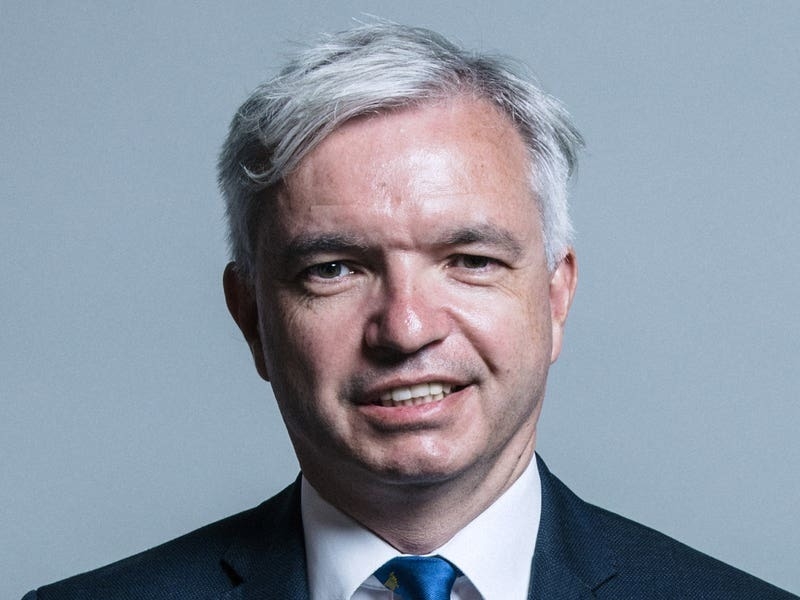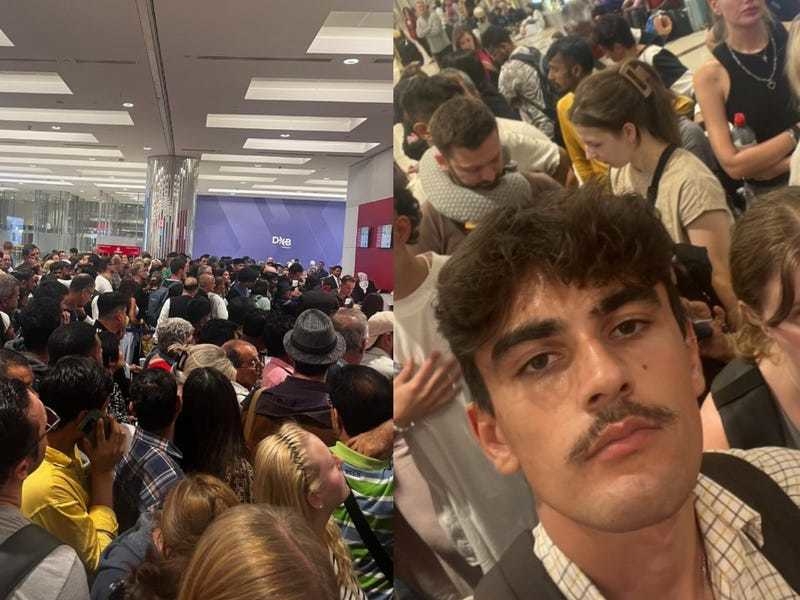A trade agreement with the EU which excluded the UK’s financial services sector from single market access would not be credible, Chancellor Philip Hammond has told MPs.
Brussels’ chief Brexit negotiator Michel Barnier has previously played down the prospect of financial services being included in a free trade agreement of the type being sought by the UK, saying such an arrangement “doesn’t exist”.
But Mr Hammond told the House of Commons European Scrutiny Committee that excluding UK-based finance firms would have significant costs for businesses across continental Europe, and that the EU would find it impossible to relocate or replicate the facilities of the City of London elsewhere.
Asked about suggestions that the UK would be treated like any other non-EU country in terms of access for financial services after Brexit, the Chancellor said: “I don’t think it is credible. I don’t think it reflects the real world in which we live.

“The UK financial services infrastructure, the critical mass that we have in several key areas, simply can’t be relocated or replicated. It is a very complex eco-system, it has grown up rather than being created, and it would be a very, very bold move indeed to fragment it.
“That would undoubtedly have very significant costs to all the clients and users of these services. I don’t think it is a credible scenario.”
He added: “Any deal has to be fair and attractive to both sides. Given the shape of the UK economy, so heavily biased towards services, I find it difficult to envisage what a deal would look like that was fair and attractive to the UK that didn’t involve access for services.”
Mr Hammond told the committee the Government has so far spent around £700 million on preparations for Brexit, from a £3 billion pot announced in last year’s Budget.
Once agreement is reached on a transition deal, it may be possible to stand down preparations currently being undertaken for a possible no-deal Brexit in 2019, he said.
But he added it will probably then be necessary to prepare for the risk of withdrawal without a deal at the end of the transition period in 2020 or 2021.
The Chancellor said Britain had no current plans to produce its own legal text, but hoped to make progress in the coming weeks and months towards the kind of trade agreement with the EU which would “reduce the salience of the issue”.
However, he acknowledged that the creation of a customs border on the island of Ireland when the UK leaves the EU will “create new challenges”.
And he said that being outside the customs union and single market “will represent an additional cost to business, there’s no two ways about it”.
The Chancellor rejected suggestions that Dublin was stoking up a row over the border.
He told the cross-party committee: “I don’t think the Irish Republic could be more helpful than it is already being, given the constraints that it has of being a continuing member of the EU and having to respect the competences of member states and the Commission.
“In practice we have a very pragmatic working relationship between the UK, the Republic of Ireland and the Commission in trying to move this forward.”






